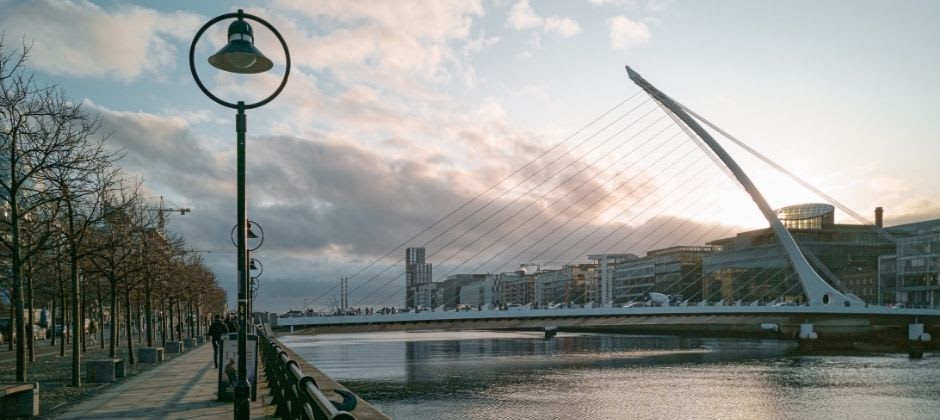Study in Ireland: Application Process
The process of applying to Irish universities depends on whether or not you’re a citizen of Ireland, the EU, the EEA, Switzerland or the UK. It also depends on the level of study for which you are applying.

The process of applying to Irish universities depends on whether or not you’re a citizen of Ireland, the EU, the EEA, Switzerland or the UK. It also depends on the level of study for which you are applying.
Undergraduate
If you are a national of Ireland, the EU, the EEA, Switzerland or the UK or are ordinarily resident in one of these countries, then you apply directly through the Central Applications Office. This is done through an online portal. The portal handles all applications to all undergraduate courses at all Irish schools. Applications can be submitted up until 5.15pmGMT on 1 February in the academic year prior to beginning studying. The fee is €40 ($47). Late applications can be submitted until 5.15pmGMT on 1st May, but this will be a paper application that must be sent to the Central Applications Office. The fee for this is €80 ($95).
As for non-Irish, EU, EEA, Swiss or UK nationals, the process is a little more complicated. Applications are normally judged using the Irish Leaving Certificate Examination or the International Baccalaureate (IB). If you don’t have either of these qualifications, you’ll need to submit your home country qualifications to see if they meet the standard. If they don’t, you’ll need to sit the Irish Leaving Certificate Examination. You’ll also need to submit evidence of your English abilities if you’re not from an Anglophone country. An IELTS certificate is normally enough. Do bear in mind that some bilingual Anglophone countries, like Canada, aren’t exempt from this requirement.
Entry requirements are set by individual schools for each course. There’s a separate entry exam for medicine courses if you’re not from Ireland or the UK. This is called the HPAT.

Postgraduate
Applying for postgraduate studies, be that a Master’s degree, PhD or postdoctoral studies, is far simpler and, in some cases, more informal. All you need to do is contact the admissions office of the school at which you’d like to study. You’ll need to send them your academic transcripts, a letter of motivation, proof of identity and residence and possibly your CV. The school will then make a decision on admission. This normally takes a few weeks.
Different schools set different deadlines, but the cut-off point will generally be in January or February. There normally isn’t a late application process for postgraduate studies.
Postgraduate applications to medicine courses will need to sit an entry exam called the GAMSAT. Unlike at the undergraduate level, this exam must also be sat by Irish and UK nationals.
Study in Ireland
Want an overview of Ireland? This section gives you a quick insight into what life is like in the Emerald Isle, as well as Ireland's history and world-famous culture.
Education in Ireland
Want to learn about how the higher education system works in Ireland? Ireland is an evermore popular destination for a variety of students, given its good programs, reasonable fees and its culture and history. Take a minute to find out more about the structure of the education system in Ireland!
Student Visas & Permits
Do you need a visa to enter Ireland to study? Learn more about the student visa process, and what you need to enter the country, depending on your citizenship. Don't worry! Ireland makes it process crystal clear.
Housing & Living Costs
No matter where you study abroad, it’s important to create a budget in advance so that you’re prepared. Therefore, we’ve detailed average living and housing costs so that you can get a better idea of what you would be paying as a student in Ireland.
Tuition Fees & Scholarships
Tuition fees for degree programs in Ireland can vary. Both international and domestic students are expected to pay tuition fees in Ireland, but these fees can vary a lot. We've put together information on how this works, and on scholarships, in this section.
Language & Culture
Ireland is a country rich in history and culture. Find out more about what the country offers in terms of language, culture, and more! We also talk about how to stay safe in Ireland in this section.
Programs
Ready to look at education in Ireland? Use our search engine to find and compare top programs in Ireland today!

Author
The Keystone Team is comprised of experienced educators and advisors dedicated to providing valuable resources and advice to students all over the world.